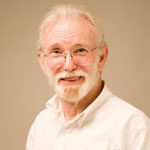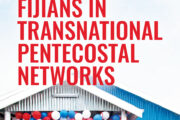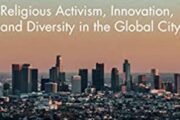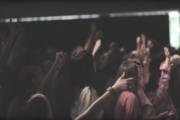Religious history in the former Soviet Union is more than a linear story of evangelization, conversion, and church growth. When Pentecostal and other evangelical scholars in the Ukraine talk about the history of their religion, the conversation is likely to begin with stories of witness and persistence during decades of official state suppression. This is apt to be followed by reflections on the unaccustomed challenges of religious freedom in the present. At the Ukrainian Evangelical Theological Seminary (UETS) in Kiev the experiences of parents and grandparents who were prosecuted and exiled are daily reminders of the challenges of religious life during the Soviet period. In the relatively short time since its establishment in 1993, the UETS library has assembled a sizable archive that makes it possible to trace this history through church records, newspapers, journals, tracts, photographs, graphic materials, films, tape recordings, oral histories, and personal papers, including letters from the gulag. Most remarkably, the archivist in charge of these collections has assembled an extensive repository of “atheistic sources” consisting of the books, legal rulings and pronouncements, propaganda posters, movies, and school curricula developed by the Soviet government for public education against religion. With financial support from the Pentecostal and Charismatic Research Initiative, the most important of the materials held by UETS have been inventoried, cataloged, and digitized so that they are available for open scholarly access on a PCRI website hosted by the USC Digital Library.
Jon Miller is a guest contributor and formerly a senior research associate with the USC Center for Religion and Civic Culture.








